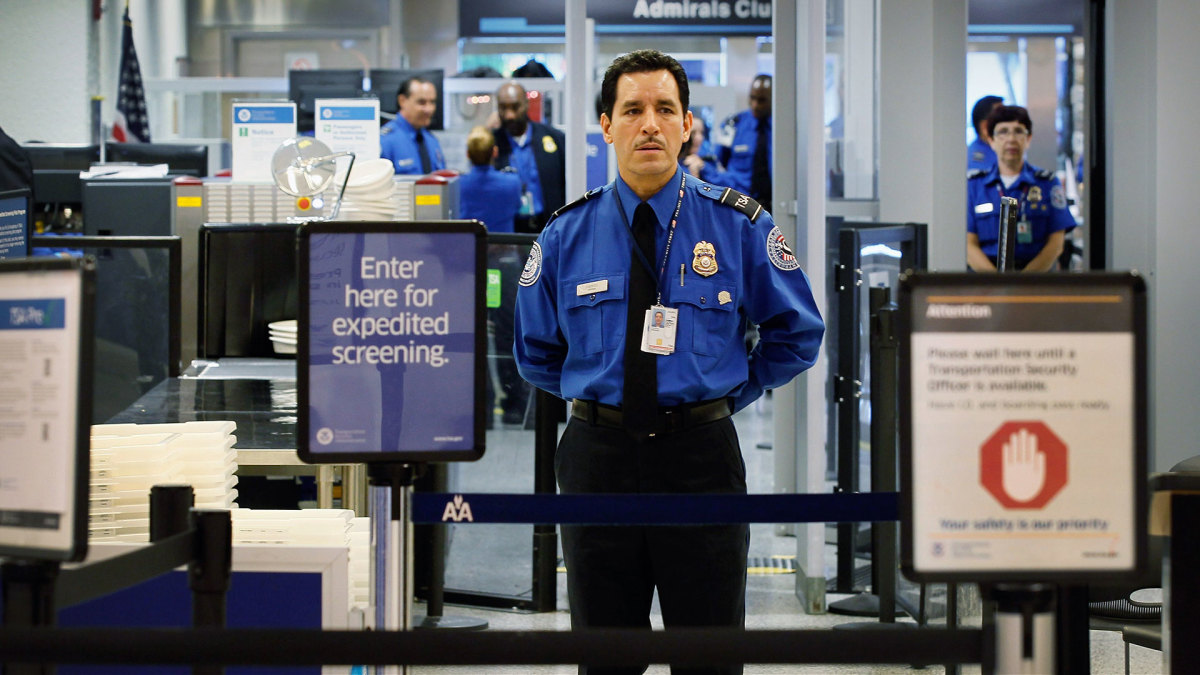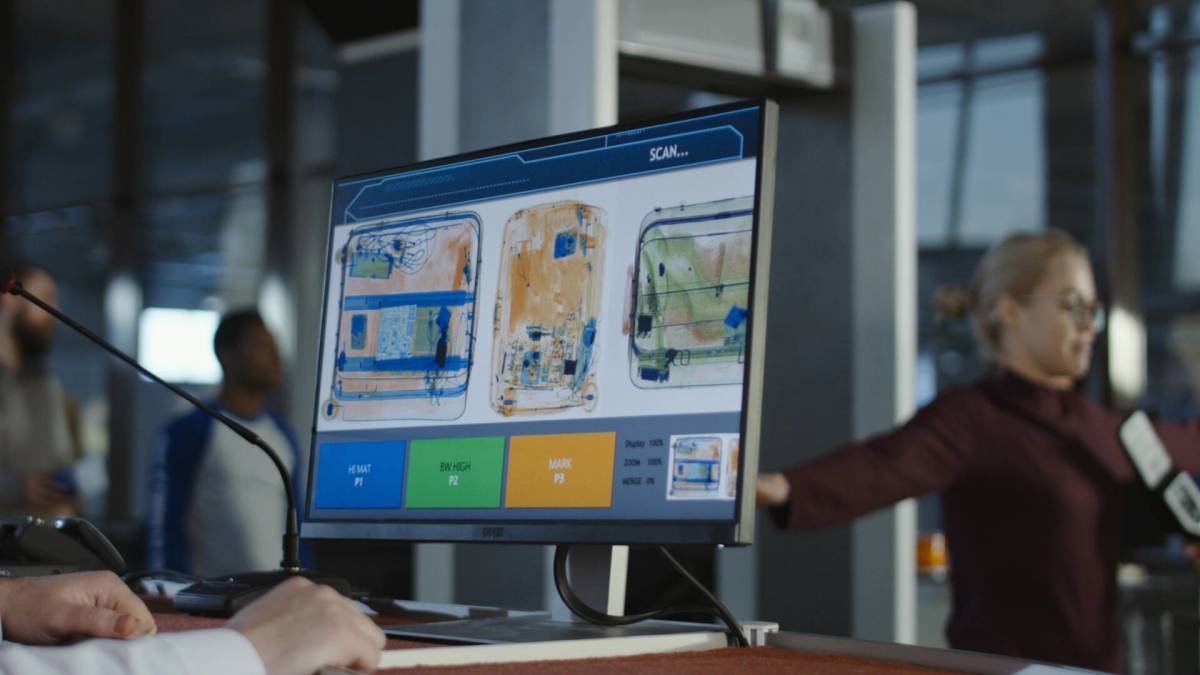
While rules for traveling with liquids have been drilled into travelers for years after the Transportation Security Administration (TSA) introduced the 3-1-1 liquid rule as a post-9/11 precaution, much less attention has been given to traveling with medication — even if it is one of the most frequently-confiscated items as travelers pass through security on both domestic and international trips.
The page on traveling with medication on TSA's website is only two paragraphs long and focuses primarily on making sure any liquids or creams fall within 3.4 ounces or 100 milliliters.
Related: These are some of the most dangerous items TSA confiscated at airports
But as identified by a survey from prescription service BuzzRx first reported by USA Today, one in 10 of the 1,245 American travelers polled have had one of their medications confiscated when passing through security — 41% have had it happen on a domestic flight while 44% said it occurred when going to an international destination. A further 15% had it happen on both an international and domestic flight.
The reason you got your medication confiscated at the airport
The most common reasons for having medication confiscated have to do with it exceeding the liquid rule (27% of respondents said this was why an airport official took theirs away), not having proper labeling or documentation (26%) and security concerns and random inspections that occurred as a result of the latter. A combined 67% said that these two things happened to them due to lack of proper labeling.
More Travel:
- A new travel term is taking over the internet (and reaching airlines and hotels)
- The 10 best airline stocks to buy now
- Airlines see a new kind of traveler at the front of the plane
Along with having a valid prescription and properly-labeled containers, it is important to know the specific medication transportation laws of each destination one plans to visit. Certain Asian countries, in particular, require declaration of commonly-prescribed medications such as Xanax or Ambien.

Shutterstock
Prepare or face these risks and inconveniences, experts say
"Before traveling, it's imperative to research the destination, especially if traveling internationally, about what their medication requirements are," Ricardo Rodriguez, a researcher who worked on the BuzzRx study, told USA Today. "Discussing the issue with your provider will probably be the best thing to do."
Disregarding this advice can cause both inconveniences and serious implications. Two in every five respondents said that this has caused them financial loses of more than $100 while one in nine have had to fully cancel a trip.
Another 15% said the lack of their medication created a situation in which they had to require medical assistance while 37% felt a decline in mental health as a result of the stress around having medication confiscated. While labeling or having a prescription on hand is not required for flights within the U.S., it is generally a good move to avoid problems that can arise when airport officials question what it is that one is transporting.
"TSA does not require passengers to have medications in prescription bottles, but states have individual laws regarding the labeling of prescription medication with which passengers need to comply," TSA said in an information page on the subject. "Medication is usually screened by X-ray; however, if a passenger does not want a medication X-rayed, he or she may ask for a visual inspection instead."







